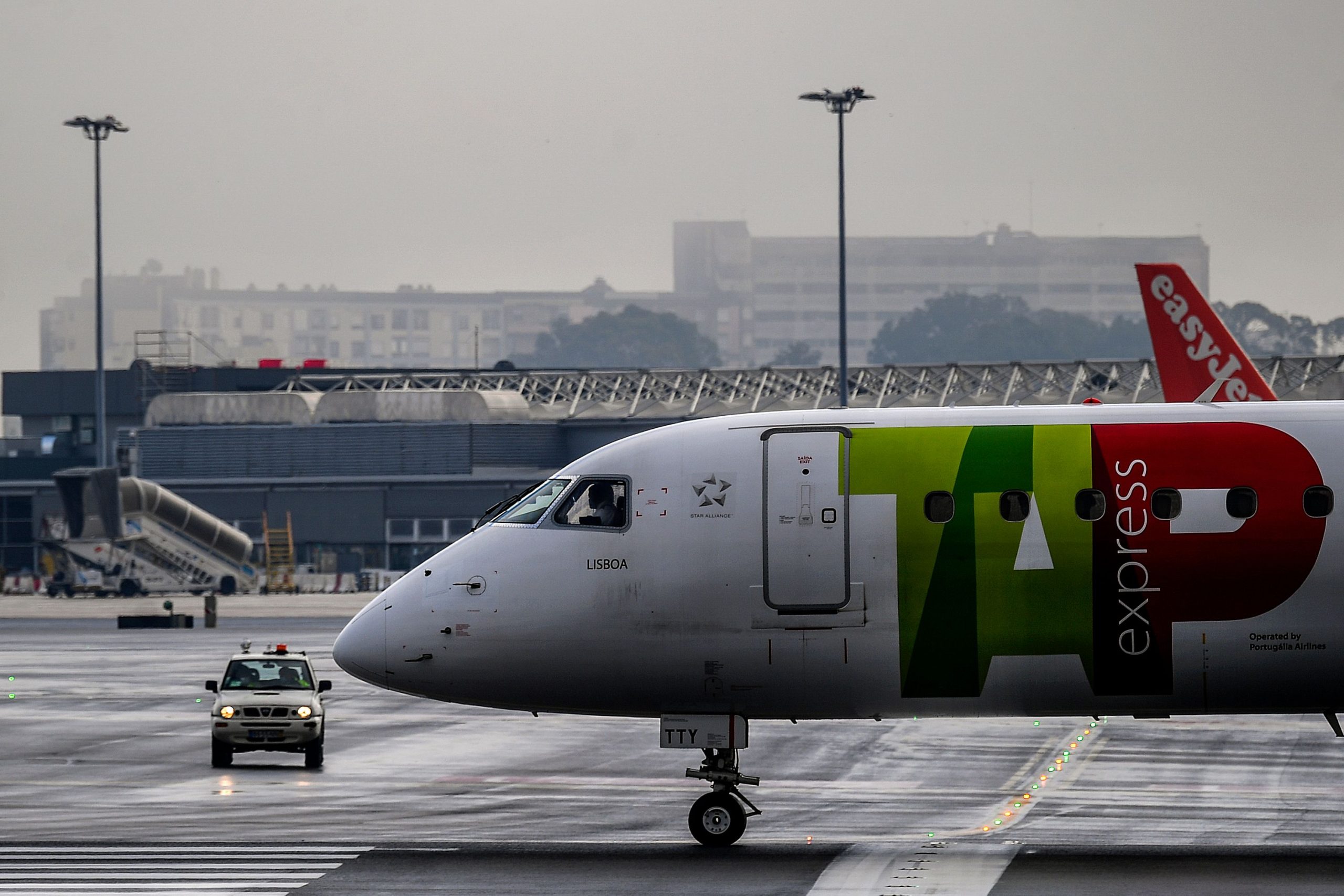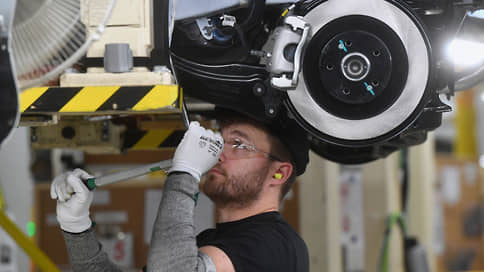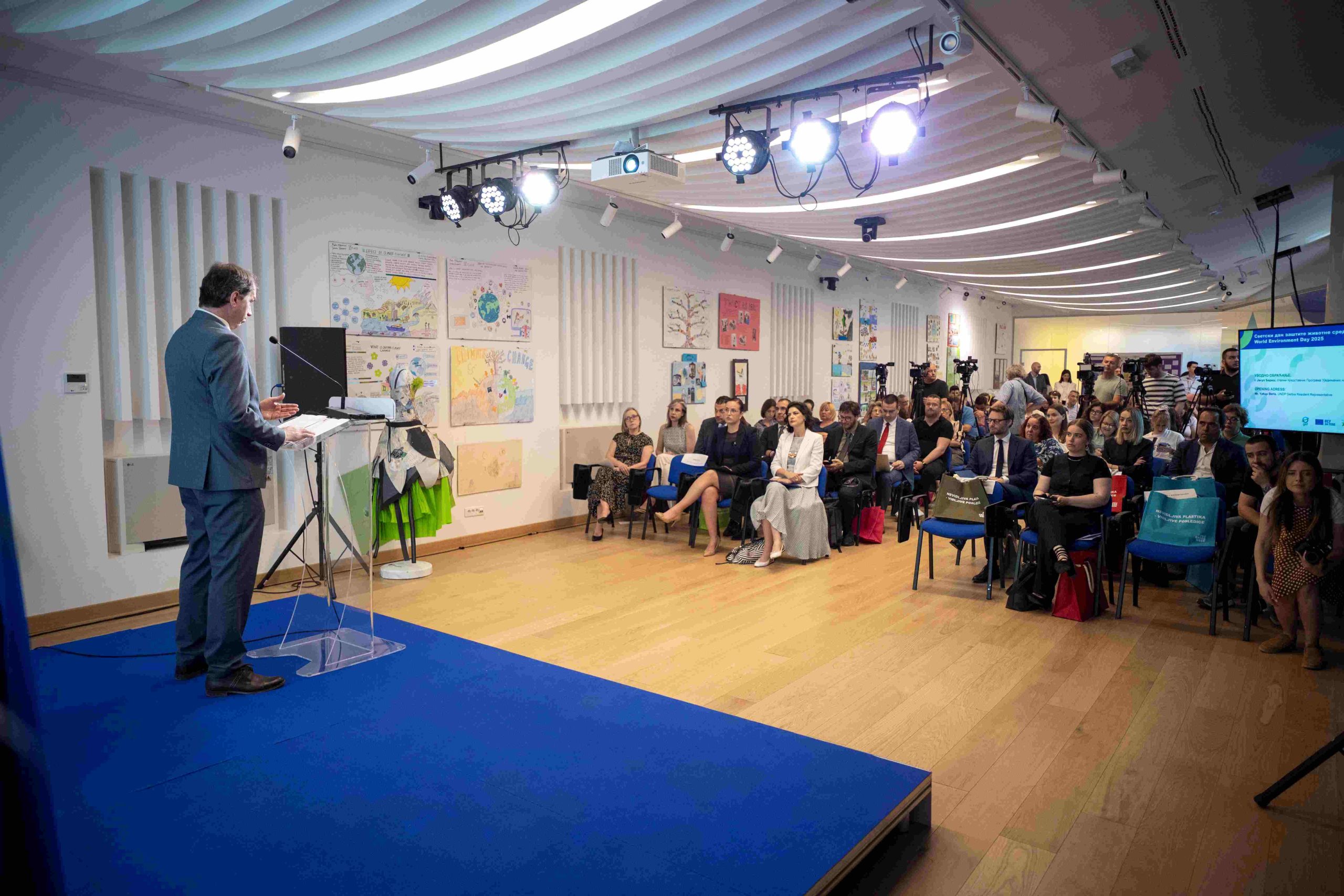the problems of the ‘odors’ that no one knows what they are

The case of the TAP plane which last week made the connection between Lisbon and London and was diverted to Francisco Sá Carneiro airport in Porto, after being detected on board, looks like a déjà-vu for what happened in 2019 when passengers and crew felt sickness, fainting, disability.
The reasons were always the same: strange fumes or odors on airplanes. All of TAP and all belonging to the manufacturer Airbus, namely the Neo category. The trend seems, however, to have changed.
The case seems to be usual, but our newspaper questioned the Aircraft Accident Prevention and Investigation Office (CGPIA) which confirmed that it has begun ‘an evaluation process for the relevant information collection to decide whether there is a matter for investigation under the competencies of this cabinet’.
He adds that the ‘existence of foreign odors in the aircraft cabins is a situation that is not unusual and has already been the subject of several studies by other safety investigation, industry and the European Air Safety Agency (EASA)’. We also questioned EASA but we had no answer until the closure of this edition.
TAP workers are concerned about this situation, although it is known that there is a concern of the airline to resolve this issue more urgent than the one in 2019.
According to a statement from the National Union of Civil Aviation Flight Personnel (SNPVAC) sent to members, it is known that the incident that diverted the plane to Porto did not happen for the first time with that aircraft.
« Unfortunately, these situations have occurred frequently, and the union has already approached the company and pressured, together with the SPAC, in the sense of implementing a more effective protocol for similar situations » and a joint clarification session on the subject has already been held.
And they say they have already questioned the company about the episodes, « demanding a serious and swimming investigation, and that they are responsible for letting a plane take off twice after an initial episode of fumes. »
Discover the origin of the problem
Asked by the sunrise, Ricardo Penarroias, president of this union, confirms that « these occurrences are emerging. » Remembering that it is not something restricted to TAP, it ensures that « there are some procedures to try to prevent these situations from but the truth is that even these procedures are even safe at 100%. »
This is, confesses, a moment of « much doubt » and that it is important to solve the problem that is not well known what it is. « If it is the continuous use of the plane, if it is the engines, the oil, the filters … right now we can not say what it is. »
And if, if before, the problem seemed to be only from the Airbus manufacturer, “at this moment we can say that there are also other incidences with other aircraft. If you ask me if the episodes have been more frequent with the Airbus, I would say yes. If it is exclusive? I have to say no, ”says the president of SNPVAC.
Nor can it be said that it is exclusive to the A330 Neo, as it was in 2019. «It is a theme that has to be very well treated and sensitive. It is true that the episodes started with the 330 Neo, totally true. The first episodes even appeared in the TAP fleet.
However, the last episodes we have report are 320 or 321 Neo »and, therefore, ‘you can’t say it’s a specific problem or a specific model because there are several episodes later. In the US is also proven, for example with Boeing, that there were episodes of this genre.
I think more than trying to find a culprit is trying to know that there is a situation that is provoking such questions. And more than finding guilty is finding solutions, ”argues for pennies that still say that crew members but are not afraid to fly.
The guardian reiterates that it is not a theme that should be seen as a trade union and work issue. « It is a sensitive theme that has to be treated with common sense everywhere. » And defends the commitment of TAP: «If in 2019 they began to devalue in a first phase, at this time there is some dialogue and there are already protocols to assume that the subject exists.
I cannot say that there are, on the part of companies – which is not exclusive to TAP – an attempt to say that this does not happen. It is assumed and we are all working together but this goes far beyond companies, workers and unions ».
Our newspaper also tried a reaction from the Civil Aviation Pilots Union (SPAC) that did not want to make statements « because it is not a matter of the scope of union life, therefore, outside its axis of action ».
In turn, Airbus tells our newspaper that « whenever requested by customers, Airbus offers the necessary technical and specialized support. »
Other similar cases
The sunrise knows that cases continue. Three months ago the crew of one of the Neo Airplanes was directly from Florianópolis airport to the hospital for being unwell.
Just a small survey to find more cases of the genre, although some are more serious than others: in September last year, an TAP Airbus 301 was forced to an emergency landing in Lisbon as smoking was detected in the cabin. He left Humberto Delgado airport to Orly in Paris and had to go back.
A few months earlier, in March, an Airbus A321lr asked for an emergency landing in the Lajes, Terceira Island, in the Azores, due to the intense smell on board. Initially he had spoken in smoke on board, but TAP said it was’ just ‘an intense’ smell. It was a flight between Francisco Sá Carneiro airport, in Porto and Newark International Airport in New York.
And there is more. In August last year, on a DL-224 flight from Delta Air Lines, which went from Boston to Paris, both the commander and the copilot, as well as five crew, were taken to a hospital after being sick due to a strange odor that spread through the airplane’s cabin and cockpit, an Airbus A350 with five years of use.
However, although it is certain that cases continue to happen, it is also certain that the number of complaints has decreased. According to data from the complaint portal sent to the sunrise, based on an analysis focused on mechanical or technical problems, in the subcategory – airlines, the number of complaints fell from 27 in 2019 to 15 last year.
What happened six years ago
In 2019 the first news about TAP aircraft were running, in this case, Airbus 330 Neo. At that time, the purchase of new aircraft from the airline caused several problems on flights where these aircraft were used, namely with the cargo carried, forcing a ‘weight loss’ of the plane, not to question safety. Still, TAP showed confidence on these flights.
Later, in the same year, in August, it was no longer a ‘simple’ overload problem. An intense smell on an A330 flight forced pilots to wear full face oxygen masks. And, as the sun reported at that time, there were cases of people who felt bad after traveling in these TAP planes and that the problem was not passing by the cockpit.
The Portuguese airline said, at that time, that it continued to « develop all efforts to the security of all those traveling in its planes. »
The image of the two professionals to wear masks was shared in WhatsApp groups. But it seems that the problems were not fully solved.
Other cases, here and out there
Several Airbus, namely the Neo, have given problems. The most recent known case did not happen in Portugal. At the end of last year, Malaysia Aviation Group (MAG) celebrated the arrival of its first Airbus A330-900 plane (A330neo). But it was sunny. Four flights later -just two trips -the Airbus plane was removed from the air by technical problems.
And it is also known, for example, that Russian airlines suspended, at the end of last year, 34 of their 66 Airbus A320neo family aircraft due to unresolved problems in the engine. In this case we speak of A320neo and A321neo aircraft. These planes that served the Russian fleet are equipped with engines made by Pratt & Whitney. The airbus that operate in Portugal do not have these engines.
Around here, the engines used in the Airbus are the Rolls Royce Tret 7000. These problems in these engines already existed before TAP bought the planes but, apparently, persisted.
‘Serious risks to safety’
Pedro Castro, aviation expert, argues for sunrise that the occurrences of smoking aboard aircraft « pose serious risks to aviation safety and may have different origins », noting the case of the Swissair MD-11 plane crash in September 1998 « where smoke was detected on board, which has been a fire and which resulted in the death of 229 people. »
And recalls that the report of this accident ‘allowed to realize that the origin of smoke and fire was the onboard entertainment system. From this accident, manufacturing adaptations, entertainment system and emergency procedures were resulted to adopt worldwide.
The expert also says that « as an airplane works in a closed circuit, it is necessary to understand the source of this smoke/smell specifically – this smoke is being produced by the plane in some way », it is still necessary to « realize in which Airbus models are produced and what they all have in common – that changes or adaptations have suffered, for example. Are there other companies with the same kind of complaint and situation?
And it says that ‘by risk and repetition’, TAP should involve competent entities such as ANAC and the Office for Prevention and Investigation of Aircrows and Railroad Accidents (GPIAAF) which, according to Pedro Castro, ‘provides an occurrence communication system, which can be used to report situations that represent significant risks for aviation safety’.
And it ends by arguing that, at this time, ‘it would be very important to know how these two entities are dealing with this issue and when they have conclusions on this matter. It is these authorities that may, for example, order that certain aircraft identified and repeatedly involved in this type of incidents stop flying to inspect ‘, and in your opinion,’ the important thing is undoubtedly identifying the problem and solution faster to avoid greater tragedy ‘.






